Discover our products
A PEDIGREE® POUCH is a pouch of joy
Nothing brings dogs happiness quite like the delicious taste of PEDIGREE® POUCHES.
PEDIGREE® DENTASTIX™ for the win
Fresh breath. Clean teeth. Healthy gums. DENTASTIX™ are a win for everyone.
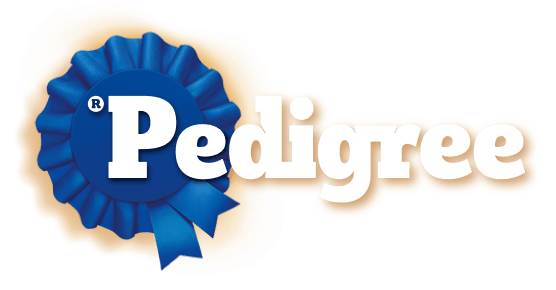
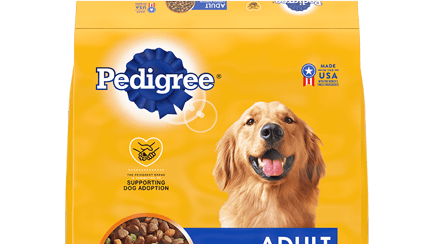
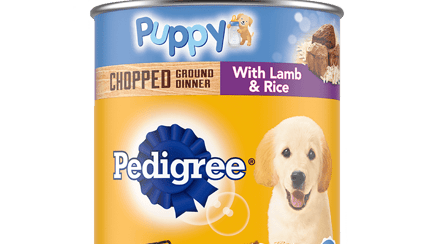
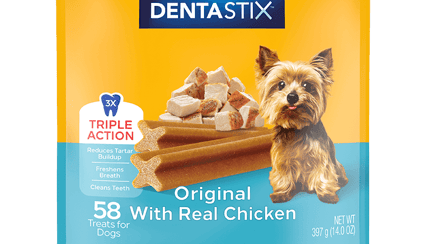
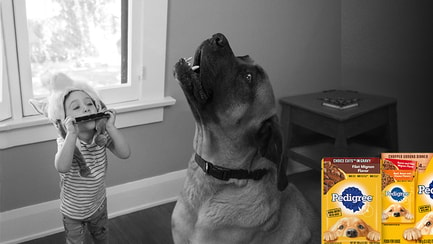
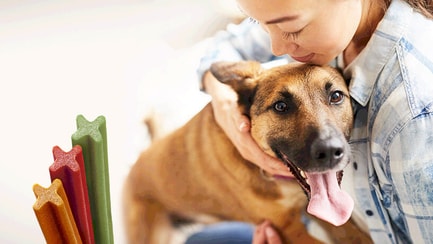
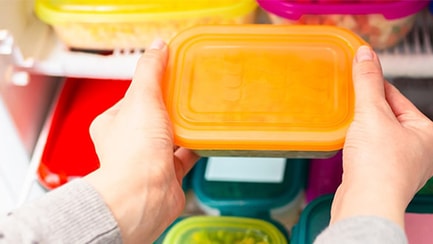

SOCIAL MEDIA